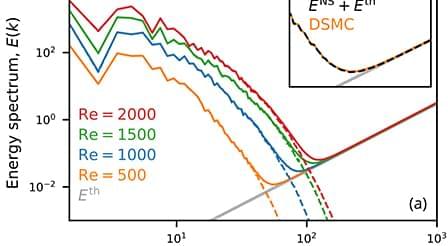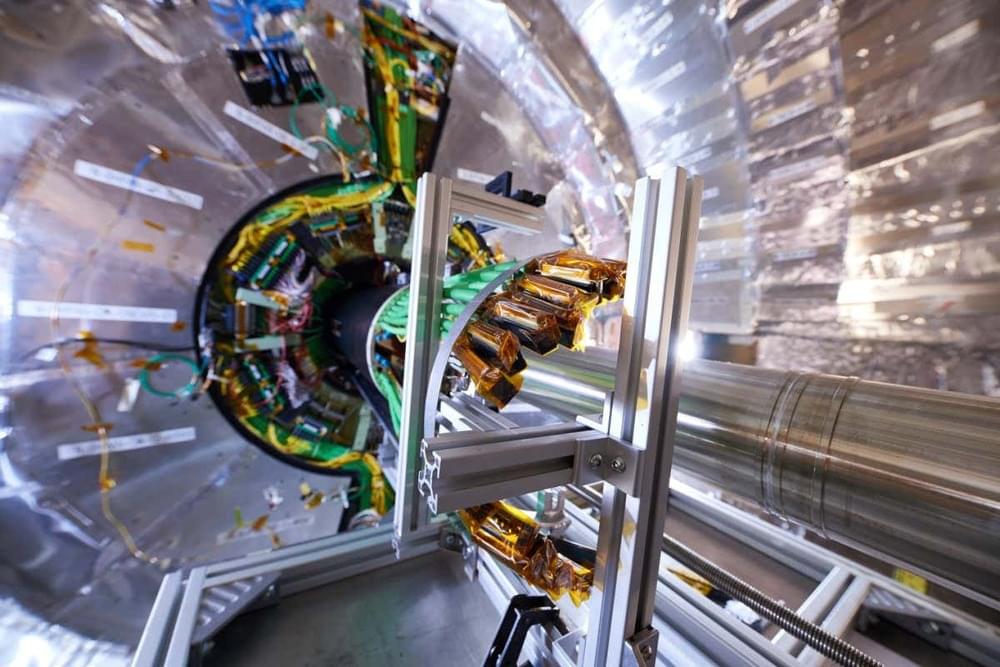Sponsor: AG1, The nutritional drink I’m taking for energy and mental focus. Tap this link to get a year’s supply of immune-supporting vitamin D3-K2 & 5 travel packs FREE with your first order: https://www.athleticgreens.com/arvinash.
Science Asylum video on Schrodinger Equation:
JOIN our PATREON (Members help pay for the animations. THANK YOU so much!):
https://www.patreon.com/arvinash.
RECOMMENDED READING:
Schwartz, “Quantum Field Theory and the Standard model” https://amzn.to/3HmWdYt.
CHAPTERS:
0:00 The most important motion in the universe.
1:08 How get energy and mental focus.
2:20 A spring: Classical simple harmonic oscillator.
4:48 QUANTUM Harmonic oscillator.
6:00 Science Asylum — what is the Schrodinger equation?
7:30 Quantum Field Theory (QFT) uses spring math!
10:00 Intuitive description of what’s going on!
12:37 What is really oscillating in QFT?
SUMMARY:






